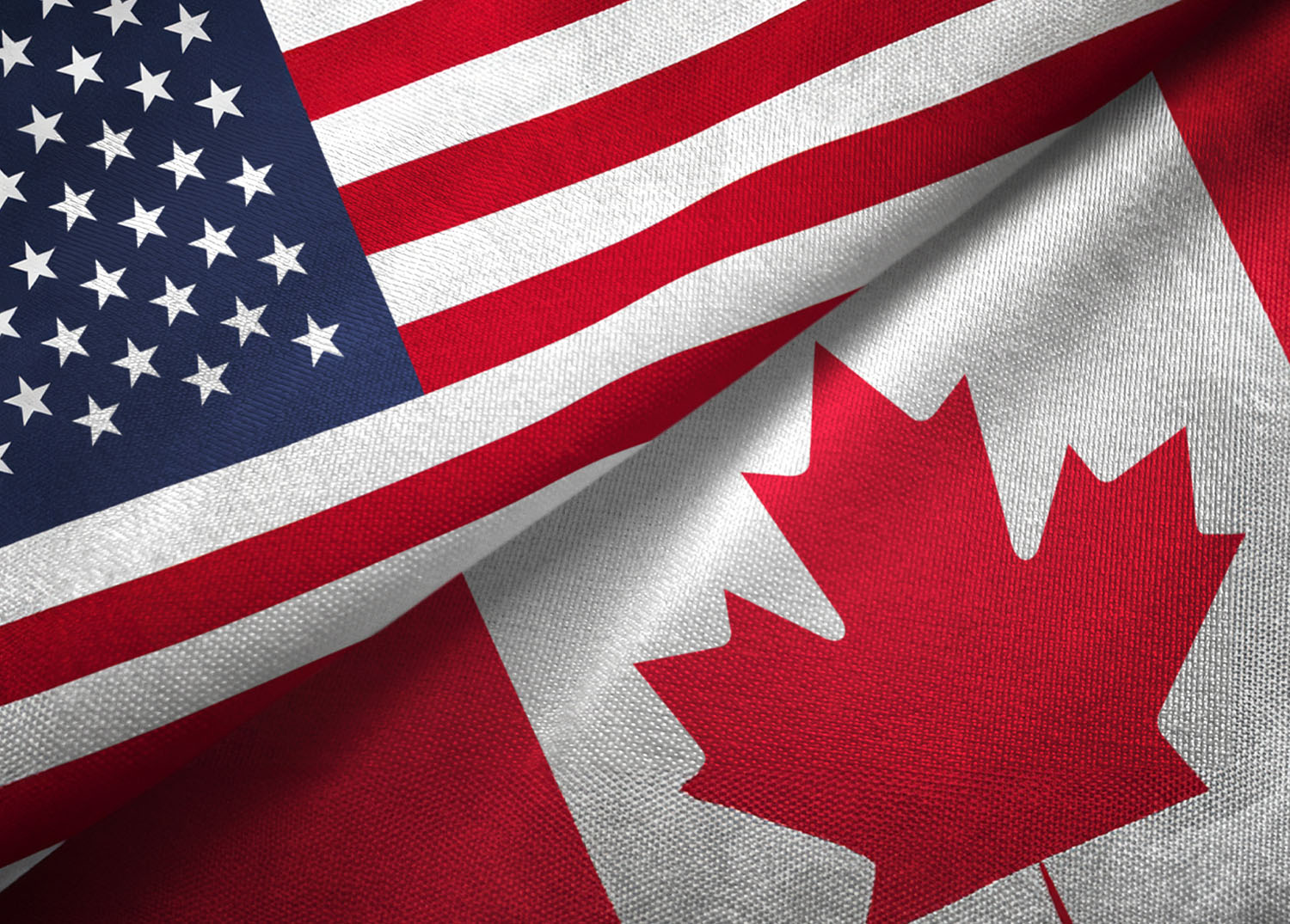In a strategic move aimed at revitalizing economic relations, Canada drops tech tax as part of efforts to advance trade negotiations with the United States. The decision marks a major policy shift and reflects Ottawa’s willingness to compromise in order to secure a favorable trade outcome.
By scrapping its proposed digital services tax, the Canadian government hopes to avoid a rift with Washington and create space for more productive bilateral talks.
Why Did Canada Cancel the Tech Tax?
The original plan would have imposed a 3% levy on revenues earned in Canada by large tech companies, particularly U.S.-based giants like Google, Amazon, and Meta. Canada argued the tax was a fair way to ensure digital firms contributed to public revenue.
However, the United States strongly opposed the move, calling it discriminatory toward American businesses. As a result, Canada faced growing pressure to withdraw the measure to avoid a trade dispute.
By reversing course, Canada drops tech tax to signal flexibility and maintain alignment with its most important trading partner.
mpact on U.S.–Canada Trade Relations
The removal of the tax may ease tensions that have been building since discussions around digital taxation began. U.S. trade officials previously warned that unilateral taxes on American tech firms could spark retaliatory tariffs or legal action.
Therefore, Canada’s reversal is likely to be seen as a goodwill gesture. It could help both sides reset their negotiating positions as they work on broader trade cooperation, including cross-border digital commerce.
Clearly, Canada drops tech tax not just for domestic economic reasons, but also to protect and prioritize a critical international relationship.
What Does This Mean for Canadian Policy?
While the government backed off the tech levy for now, officials say they still support global efforts to create a unified digital tax framework through the OECD. Finance Minister Chrystia Freeland emphasized Canada’s commitment to fair taxation, but acknowledged that diplomacy must take priority.
In the long run, this policy change could impact how Canada approaches other tech-related economic policies, especially if digital revenue continues to rise.
By choosing diplomacy over confrontation, Canada drops tech tax to stay on track with global tax talks and maintain strong U.S. ties.
What Comes Next for Digital Tax Reform?
The debate over taxing digital services isn’t over. Countries around the world are still working through the OECD-led global tax deal aimed at fairly distributing tech company profits. Canada’s decision may set a precedent for other nations weighing national action against international compromise.
For now, the move buys Canada time. Eventually, global cooperation will need to replace national workarounds. Until then, headlines like Canada drops tech tax will continue to reflect the delicate balancing act between sovereignty and diplomacy.



